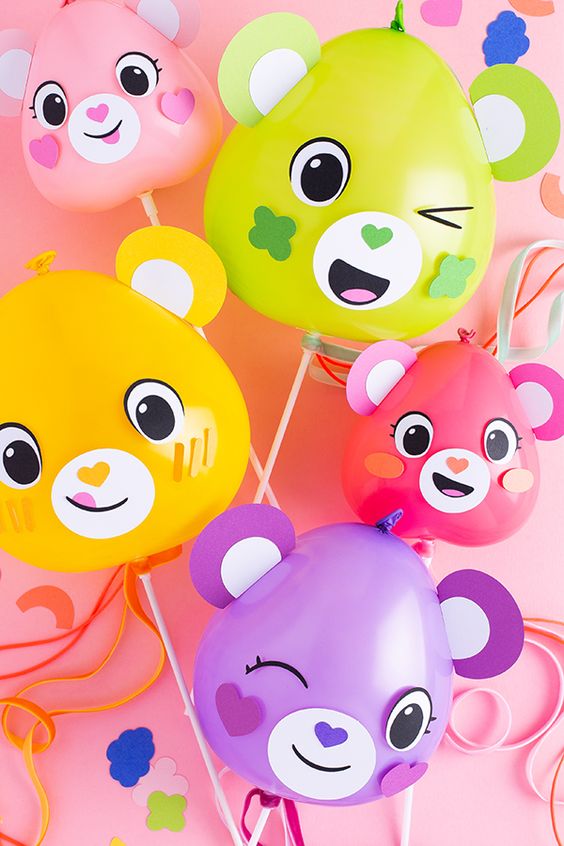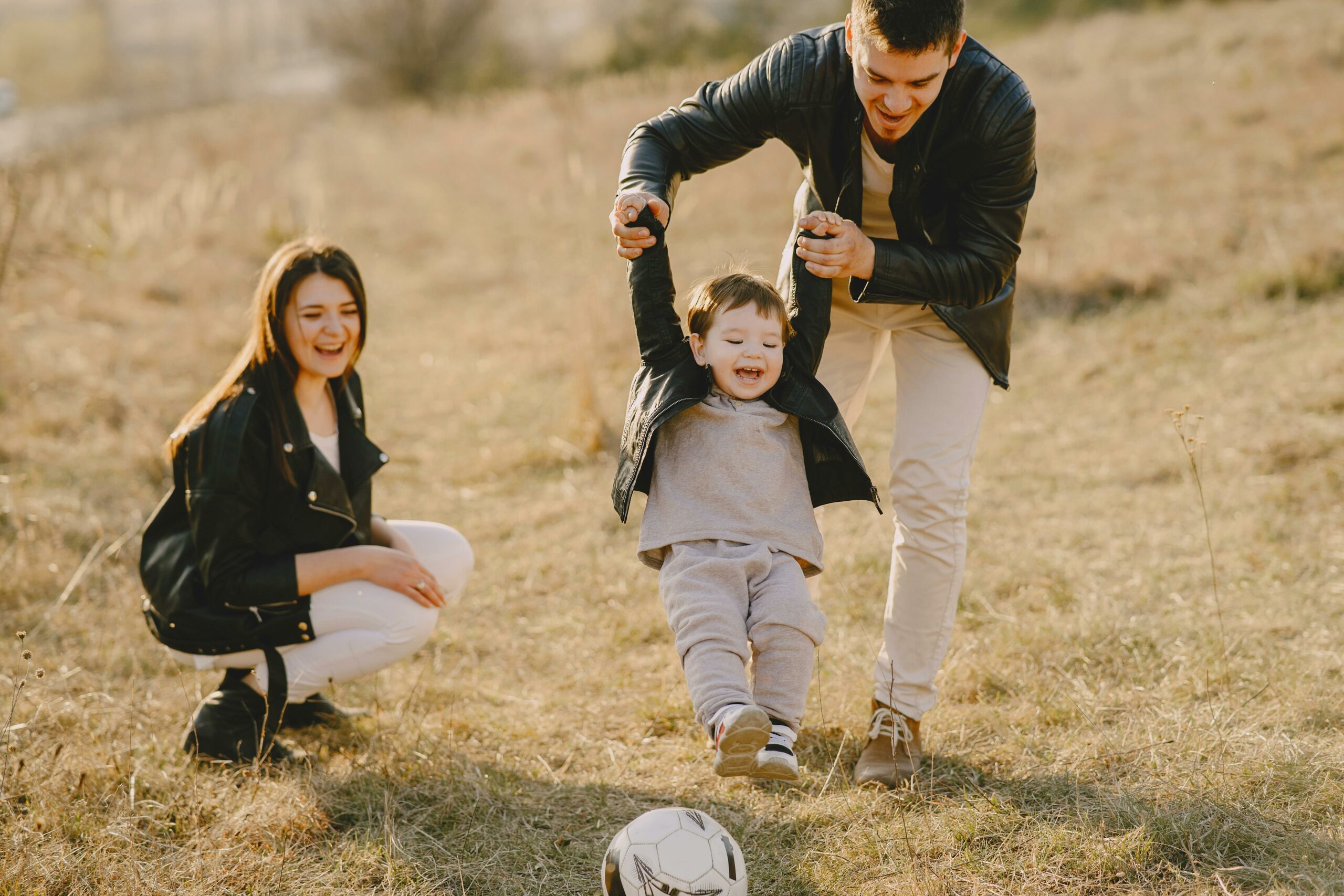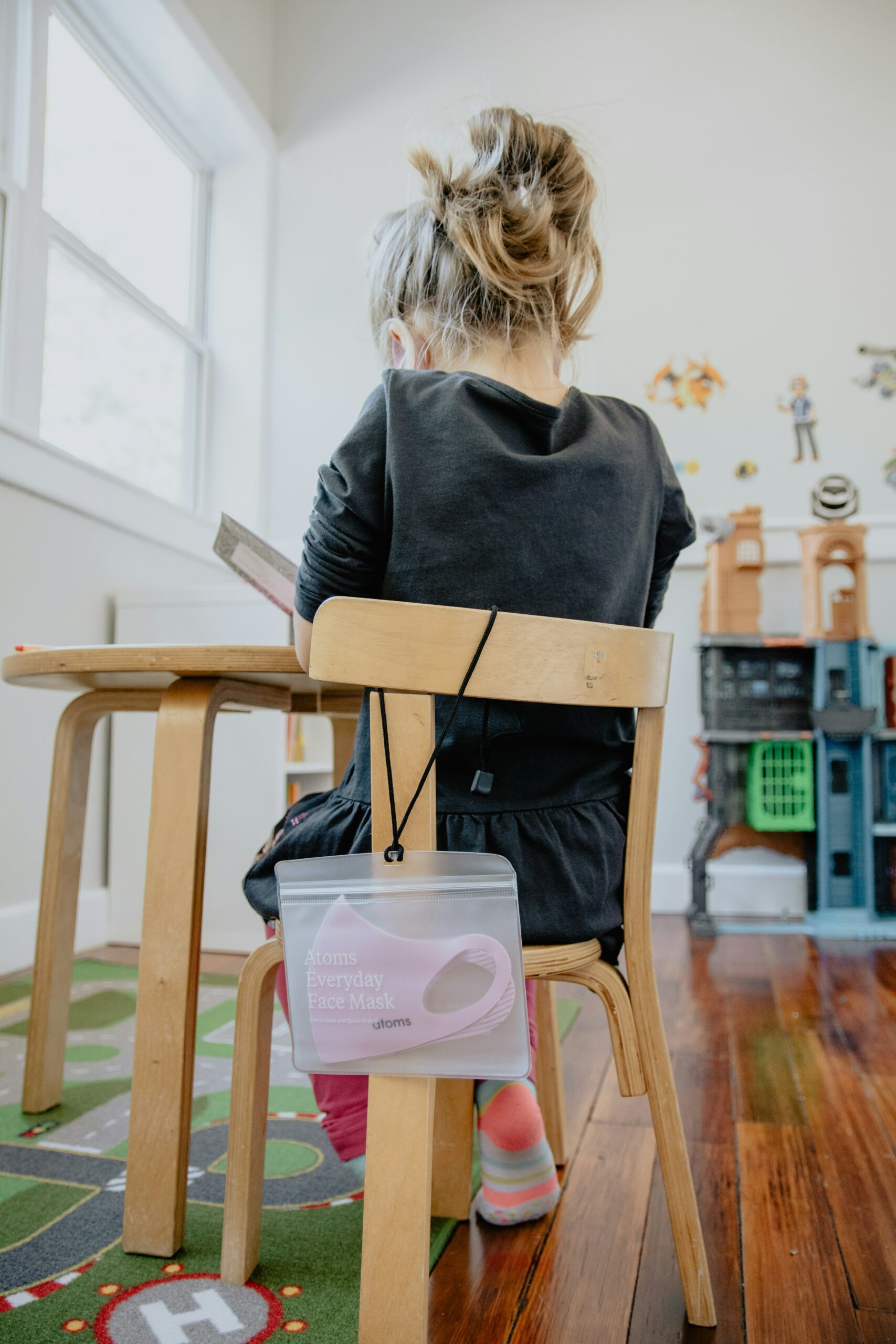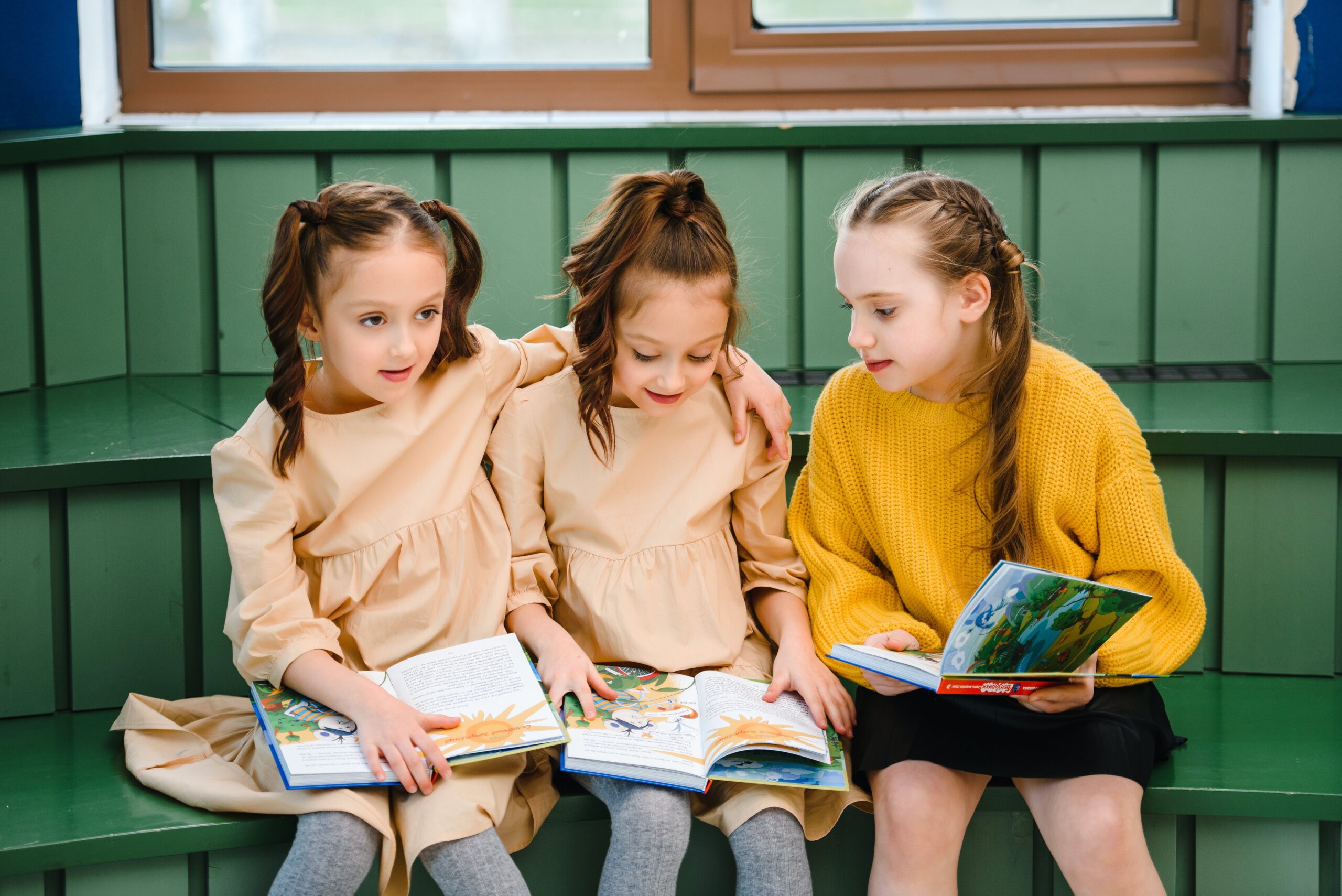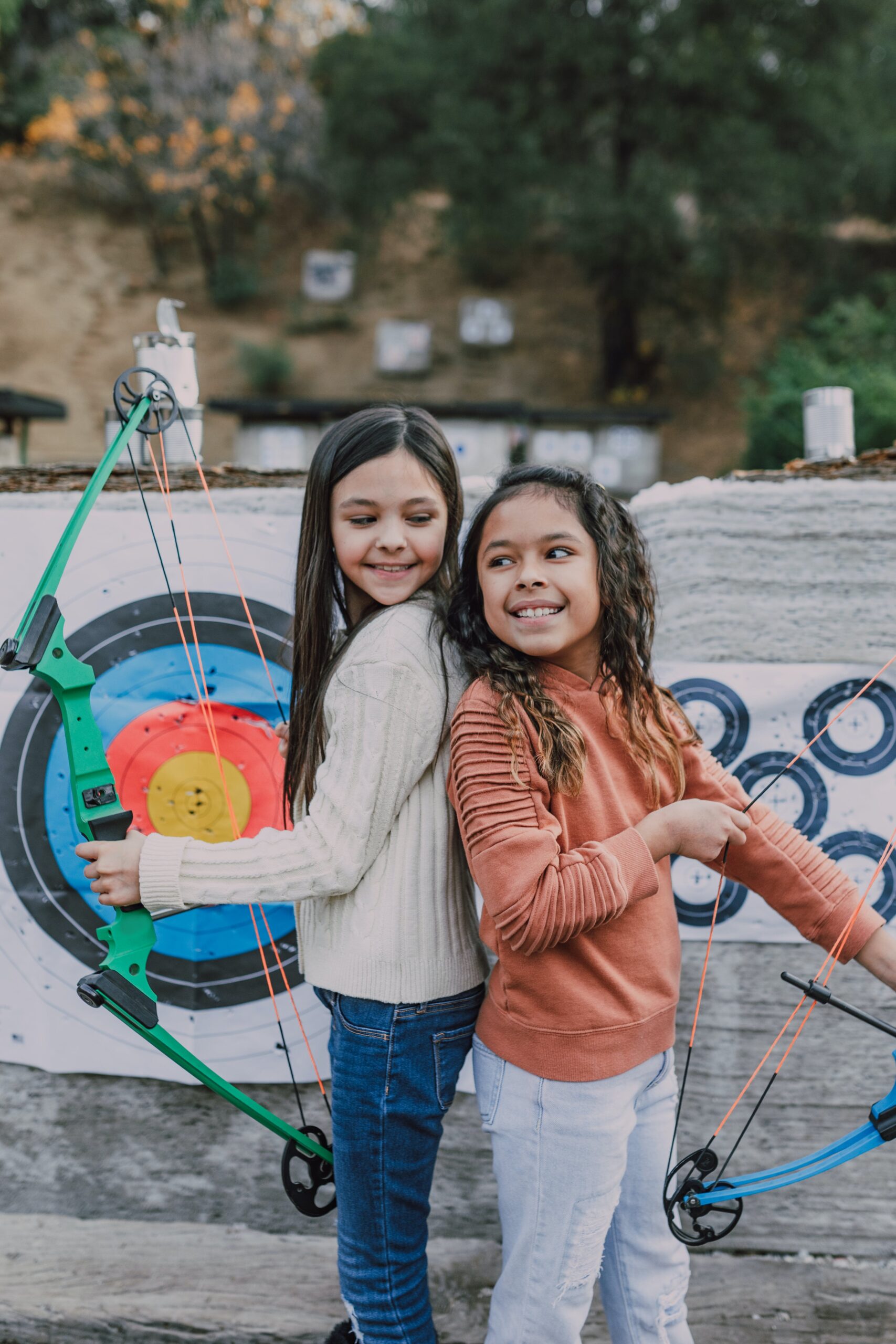Every parent wants to give their child the best possible start in life. As we navigate the path of parenthood, we discover that one of the most effective ways to nurture a child’s growth and development is through playful learning.
Incorporating playful learning into a child’s life transforms the ordinary into the extraordinary. Playful learning isn’t just about fun and games; it’s a powerful approach that harnesses a child’s natural curiosity and creativity to lay the foundation for a lifetime of learning and success.
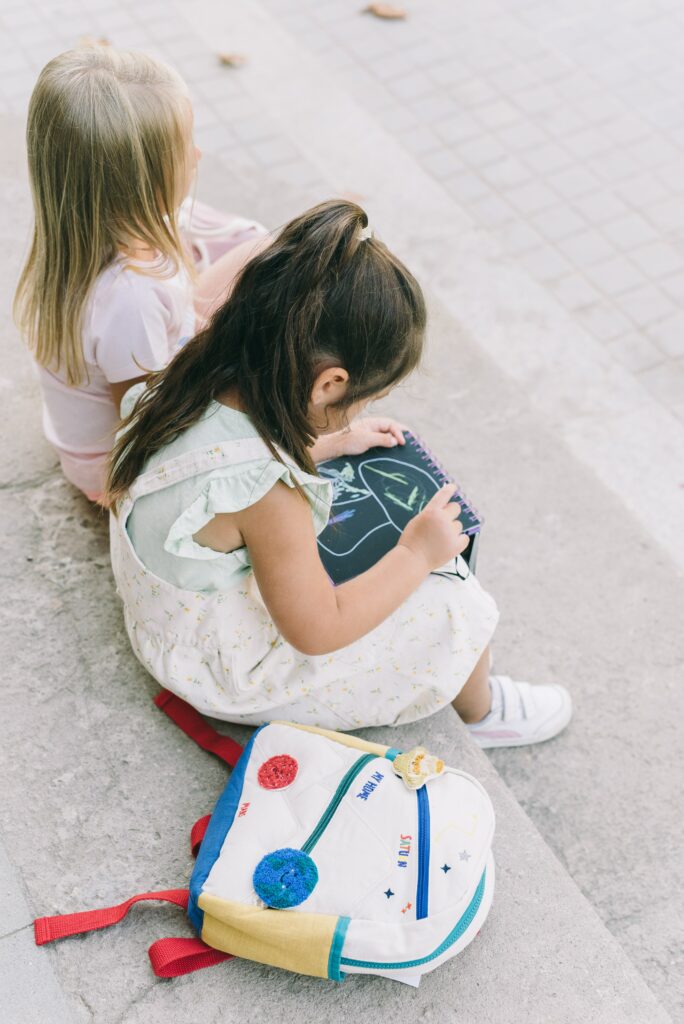
Creating a Playful Learning Environment
A conducive environment is essential for playful learning to flourish. Designate a space where your child can engage in a variety of activities. This could be a living room corner, a playroom, or even outdoor areas.
Fill this space with a diverse range of materials, such as art supplies, building blocks, puzzles, and books, to inspire different types of play.
Make sure there are various materials and home equipment handy for different types of activities. These resources are available here and in other reliable children’s stores. It’s important to purchase in a dependable children’s store to set up a safe and comfortable space for playful learning.
Identifying Learning Objectives
Identifying your goals is the next important step in preparing your child through playful learning. Consider the skills, knowledge, and values you want to instill in your child.
These could include cognitive skills (problem-solving, critical thinking), social skills (communication, cooperation), emotional skills (self-regulation, empathy), and academic skills (language, math).
Academic skills, language, and math to social skills like communication and empathy are very important in preparing a child. You must also determine what skills or knowledge you want your children to develop.
Having clear learning objectives, you can tailor your playful learning activities to meet these goals.
Nurturing Curiosity and Exploration
Children are born with an innate curiosity that drives them to explore their surroundings. Playful learning capitalises on this curiosity by providing opportunities for hands-on exploration.
Activities like nature scavenger hunts, DIY science experiments, and imaginative play not only engage children but also stimulate their problem-solving abilities and critical thinking skills.
Choose playful learning activities that match your children’s interests. Incorporate learning into everyday play.
For example, encourage your child to use new vocabulary or concepts related to their play scenario during imaginative play. When children are engaged in activities they enjoy, they are more likely to learn and retain information.
Balancing Structure and Freedom
While providing structured learning activities is important, don’t underestimate the power of unstructured play. Unstructured play allows children to follow their interests and ideas, fostering their independence and creativity.
Strike a balance between offering guidance and letting your child take the lead, allowing for a holistic learning experience.
Offer materials that can be used in multiple ways, fostering creativity and problem-solving. Items like building blocks, art supplies, and even household items can be versatile tools for learning. Incorporate age-appropriate educational apps, games, and online resources that align with your child’s interests and learning goals with proper monitoring.
The Role of Parents as Playful Learning Facilitators
Parents play a vital role in guiding their children’s playful learning journey. Engage with your child during activities, ask open-ended questions, and encourage them to think critically.
Your involvement strengthens your bond and provides a scaffold for their learning process.
Foster your child’s curiosity by asking thought-provoking questions and engaging in activities encouraging exploration, experimentation, and inquiry.
Expose your children to a wide range of activities you can do together, including art, science, music, nature exploration, cooking, and more. This helps them develop diverse skills and interests.
Embracing Mistakes and Encouraging Growth
Playful learning is a safe space for children to make mistakes and learn from them. Cultivate a growth mindset by celebrating challenges and setbacks as opportunities for growth. Show your child that learning is an ongoing process and mistakes are stepping stones to success.
Let them know that mistakes are part of the learning process by giving examples you, as a parent, experienced. Create trust between you and your children and show them that they can trust you as much as they can trust themselves.
With this, they can easily overcome challenges. Use challenges and mistakes as opportunities to learn and problem-solve together.
Celebrating Achievements
Acknowledge and celebrate your child’s achievements, no matter how small. Positive reinforcement motivates children to take pride in their accomplishments and encourages them to continue exploring and learning.
Give appropriate rewards and prizes for every achievement and learning. Acknowledge them even in small winnings and growth during their learnings.
Reward your children for their achievements and milestones by treating them outside to ice cream or a simple family dinner.
Adapting to Your Child’s Growth
As your child grows, their interests and learning needs will evolve. Stay attuned to these changes and adapt your playful learning approach accordingly. Flexibility is key to ensuring that the learning experiences remain relevant and engaging.
The goal is to make learning as enjoyable and meaningful as possible for your children. By infusing learning into play, you can set a strong foundation for their overall development and love for learning. Research on new approaches for additional ways for playful learning.
The Power of Playful Learning
Play is a child’s natural way of exploring and making sense of the world. By integrating learning into play, parents can create an environment where their children thrive both intellectually and emotionally.
Playful learning isn’t confined to a specific activity; it’s a mindset that transforms everyday moments into valuable learning experiences.
This method of education goes beyond traditional classroom settings, transforming everyday experiences into valuable learning opportunities.
With the power of playful learning, parents provide their children with a solid foundation for a bright future enriched with curiosity, creativity, and a hunger for continuous growth.
Final Thoughts
Preparing your child through playful learning is a dynamic and rewarding journey. By integrating learning into play, parents empower their children to develop essential skills, knowledge, and values naturally and enjoyably.
Through activities that nurture curiosity, creativity, and collaboration, parents lay the groundwork for a future of endless possibilities for their children. So, let the play begin – and watch the learning unfold!

